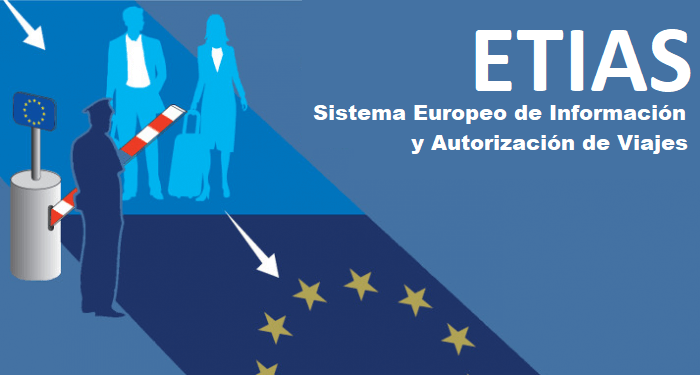Starting in May 2025, citizens from countries that currently enjoy visa-free access to the Schengen Area—including Colombia, Venezuela, Brazil, and Peru—will be required to obtain a European Travel Information and Authorization System (ETIAS) permit before entering the region. This new regulation is set to impact travelers from 60 different nationalities and aims to bolster security and streamline border control across participating countries.
What Is ETIAS?
ETIAS is a fully electronic travel authorization system designed to pre-screen visitors from visa-exempt countries who wish to enter the Schengen Area for short stays. Much like the U.S. Electronic System for Travel Authorization (ESTA), ETIAS does not replace a visa but instead serves as an additional layer of security and administrative tracking for non-EU travelers.
The system will collect and evaluate data to determine whether a traveler poses any security or health risks before they enter the Schengen zone. This pre-screening process helps ensure that only eligible and safe individuals are allowed entry.
Who Needs ETIAS?
If you’re a citizen of a country that currently does not require a visa for entry into the Schengen Area, you will still need to apply for an ETIAS travel authorization as of May 2025. This includes travelers from:
- Latin American countries such as Colombia, Venezuela, Brazil, and Peru
- Other visa-exempt countries outside the European Union
It is important to check your eligibility and the official list of affected countries before planning your trip.
What Does ETIAS Allow?
Once approved, an ETIAS authorization grants:
- Access to all countries within the Schengen Area, including Spain, France, Germany, Italy, and more.
- A maximum stay of 90 days within a 180-day period
- Validity for three years, or until the expiration of your passport (whichever comes first)
The ETIAS is not a visa, but it is mandatory for short-term stays for tourism, business, medical, or transit purposes.
Requirements to Apply for ETIAS
While the exact details may vary slightly depending on your country of origin, most applicants will need to meet the following three basic requirements:
- A valid passport from your home country, with at least three months’ validity beyond your intended stay
- A valid email address where the approved ETIAS will be sent
- A debit or credit card to pay the ETIAS processing fee
In addition to these, applicants will need to fill out an online application form, which includes personal information, travel plans, work and health history. Once submitted, most applications will be processed within 96 hours (4 days), though some may take longer if further information or interviews are required.
Cost of the ETIAS Authorization
The cost of the ETIAS application is €7 per traveler. However, the following groups are exempt from this fee:
- Children under 18 years of age
- Adults aged 70 and older
Payment is made online via debit or credit card during the application process. As soon as the fee is processed, the system begins reviewing your request.
Why Is ETIAS Being Implemented?
The European Union’s main goals with ETIAS are:
- Enhancing border security by identifying potential threats before they reach the EU
- Improving immigration management and reducing delays at border checkpoints
- Preventing irregular migration and crime by conducting pre-entry checks on visitors
ETIAS will serve as a powerful tool in collecting data to assess whether a visitor should be allowed entry, making travel within the EU safer and more predictable.
What Happens After Approval?
Once your ETIAS authorization is approved:
- You will receive an electronic document via email
- The authorization will be digitally linked to your passport
- You can use it to enter any Schengen country as many times as you want, as long as you comply with the 90-day-in-180-day rule
Be aware that approval does not guarantee entry; border agents still have the right to deny access if they suspect any inconsistencies or security issues upon arrival.
Final Tips for Travelers
- Apply early: Submit your ETIAS application at least a few weeks before your planned departure
- Check your passport: Ensure it will remain valid for at least three months after your trip ends
- Keep your ETIAS updated: If your email, passport, or personal details change, you may need to apply again
- Travel responsibly: ETIAS is designed for short stays only. Overstaying or misusing your entry can result in penalties or future bans.
The introduction of ETIAS marks a new era for international travel to the Schengen Area. While it adds an extra step to the travel process, the system is designed to be quick, affordable, and secure. Whether you’re planning to explore Spain’s vibrant cities, attend a business event in Germany, or transit through France, securing your ETIAS authorization in advance will be essential from May 2025 onward.
For the latest updates and application details, travelers are encouraged to consult the official ETIAS website or their respective foreign ministry portals.
